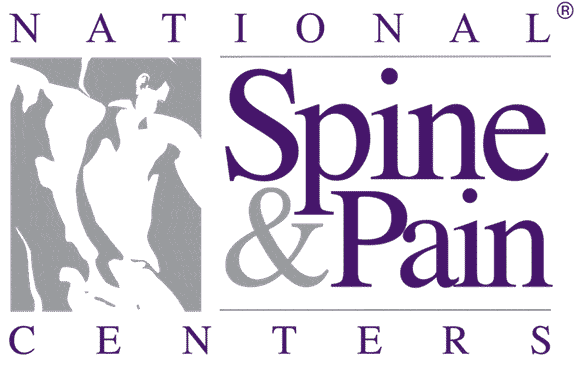Safety and complications reporting on the re-implantation of culture-expanded mesenchymal stem cells using autologous platelet lysate technique.
Abstract
Mesenchymal stem cells (MSCs) hold great promise as therapeutic agents in regenerative medicine. Numerous animal studies have documented the multipotency of MSCs, showing their capabilities for differentiating into orthopedic tissues such as muscle, bone, cartilage, and tendon. However, the complication rate for autologous MSC therapy is only now beginning to be reported.
METHODS: Between 2005 and 2009, two groups of patients were treated for various orthopedic conditions with culture-expanded, autologous, bone marrow-derived MSCs (group 1: n=45; group 2: n=182). Cells were cultured in monolayer culture flasks using an autologous platelet lysate technique and re-injected into peripheral joints (n=213) or into intervertebral discs (n=13) with use of c-arm fluoroscopy. While both groups had prospective surveillance for complications, Group 1 additionally underwent 3.0T MRI tracking of the re-implant sites.
RESULTS: Mean follow-up from the time of the re-implant procedure was 10.6 +/- 7.3 months. Serial MRI’s at 3 months, 6 months, 1 year and 2 years failed to demonstrate any tumor formation at the re-implant sites. Formal disease surveillance for adverse events based on HHS criteria documented 7 cases of probable procedure-related complications (thought to be associated with the re-implant procedure itself) and three cases of possible stem cell complications, all of which were either self-limited or were remedied with simple therapeutic measures. One patient was diagnosed with cancer; however, this was almost certainly unrelated to the MSC therapy.
CONCLUSIONS: Using both high field MRI tracking and general surveillance in 227 patients, no neoplastic complications were detected at any stem cell re-implantation site. These findings are consistent with other reports that also show no evidence of malignant transformation in vivo, following implantation of MSCs that were expanded in vitro for limited periods.
